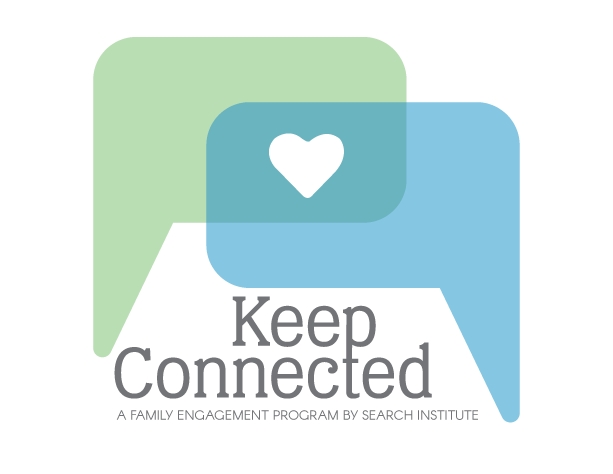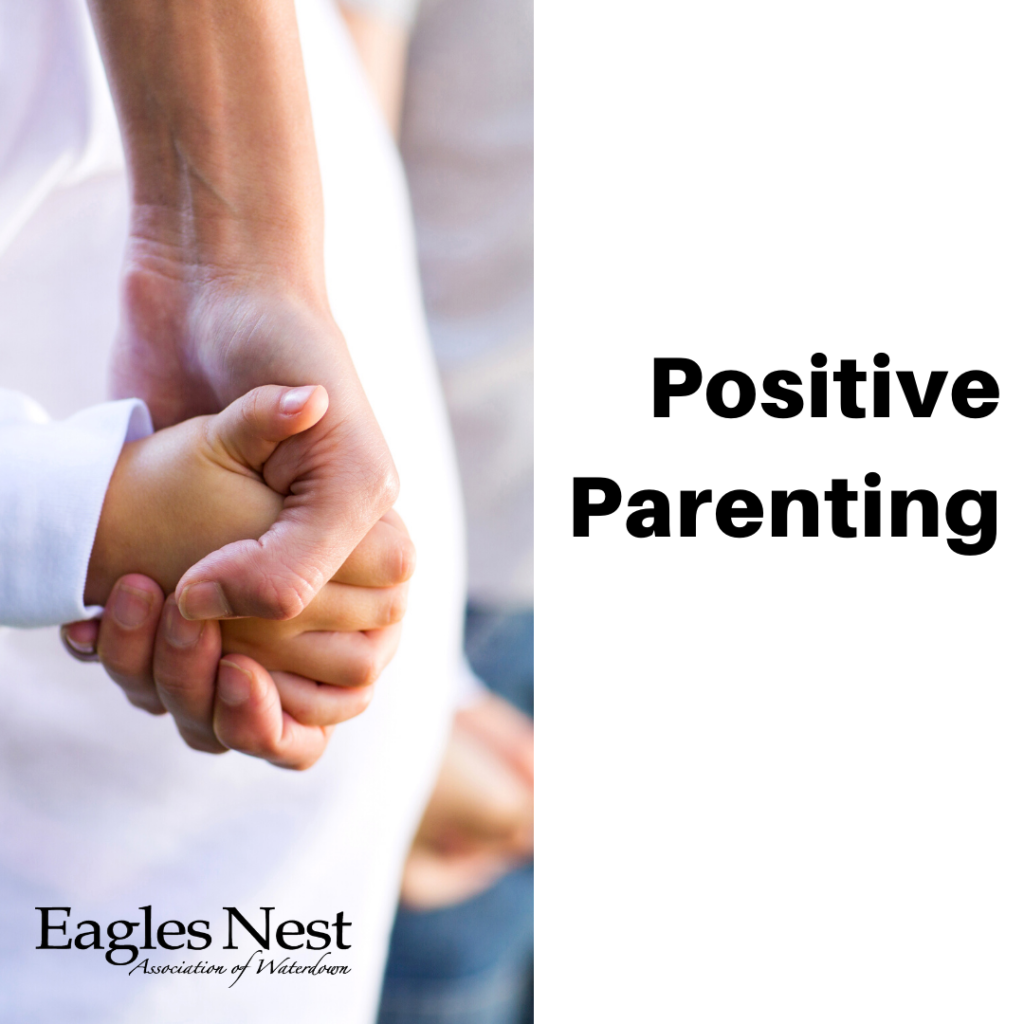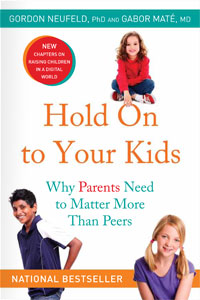We hope to link to you workshops, videos, resources, books and tools that can help you build a stronger family. If you have a recommendation for a book, video or resource, please send them to us.
Resources

What do you appreciate about and hope for your family and your children? Sure, you have everyday—and major—challenges to deal with. When you step back, though what do you value and hope for in your family? In our experience, mothers, fathers, and other parenting adults from many backgrounds and circumstances appreciate.
- Having deep connections with each other, through thick and thin.
- Noticing what’s going well, not just the problems they must deal with.
- Meaningful and fun opportunities to spend time together to strengthen families.
- Discovering new things about each other as everyone grows and changes.
Keep Connected, by the Search Institute, invites you to explore these kinds of questions and topics for strengthening families.
FREE Talk About It Cards help you share each person’s experiences, feelings, and beliefs so families can get to know each other better!
Workshops

This interactive course is designed to give you new approaches to parenting, enhance the connection with your child and increase your understanding of what kids need to reach their fullest potential.
The course includes topics as diverse as routines, sibling rivalry and conflict resolution, rewards and praise, fostering confidence, bedtime battles, punishment vs. discipline and growing up in a digital world.
Books to read

In the book Hold On To Your Kids, International authority on child development Gordon Neufeld, Ph.D., joins forces with bestselling author Gabor Maté, M.D., to tackle one of the most disturbing trends of our time: children today increasingly look to their peers for direction—their values, identity, and codes of behavior. This “peer orientation” undermines family cohesion, interferes with healthy development, and fosters a hostile and sexualized youth culture. Children end up becoming overly conformist, desensitized, and alienated; being “cool” matters more to them than anything else.

